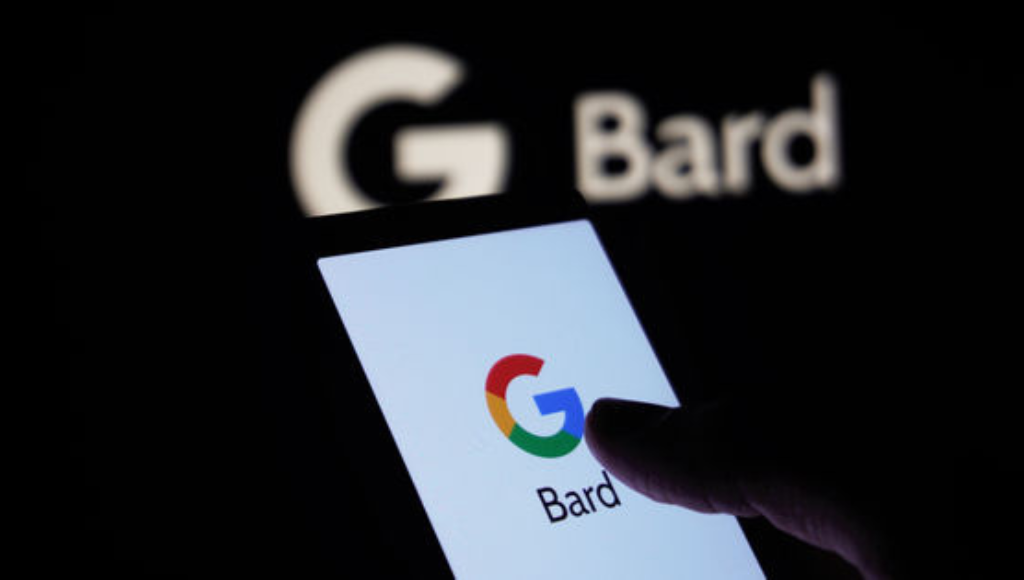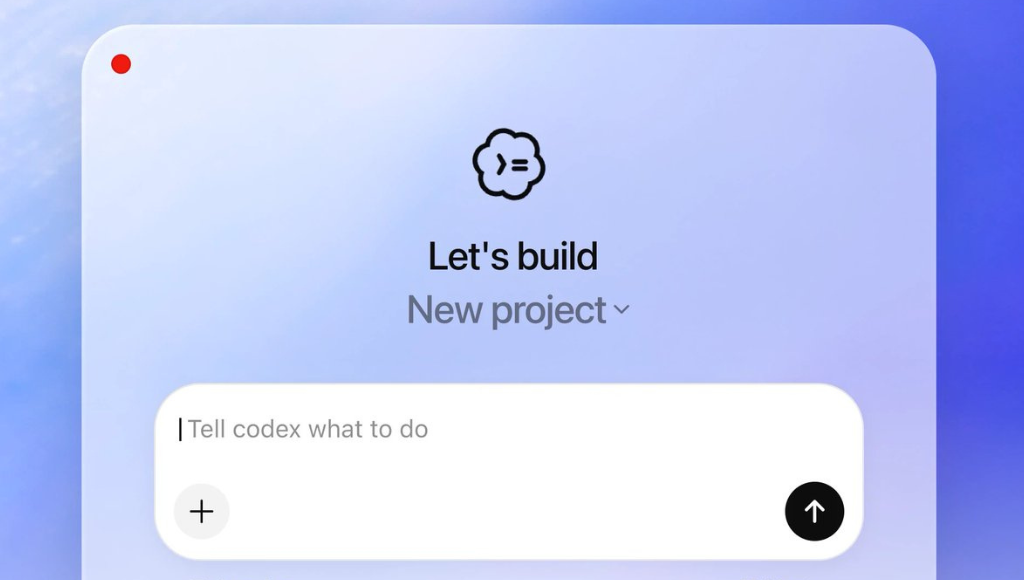Google may be on the cusp of a technological revolution with its AI-driven conversational chatbot, Bard. Nevertheless, one of its longstanding stalwarts, Search, remains unchanged in its core functionality. Interestingly, it now even indexes the results of conversations users engage in with Bard.
Conversational chatbots have been hailed by users as a private haven to seek answers and explore innovative solutions discreetly. When these chatbots provide satisfactory responses, some users may be inclined to share these insights, but usually within their inner circle and certainly not for the world to see.
Yet, Bard appears to be an exception, with Google’s formidable search engine capable of disseminating these interactions to a global audience. Previously, a bug in ChatGPT was discovered that inadvertently leaked users’ private conversations within the chatbot until it was rectified. Google’s recent development, however, seems less like an oversight and more like a deliberate feature.
Google Search now indexes Bard content, and this revelation came to light thanks to the keen observation of a Search Engine Optimization (SEO) consultant, Gagan Ghotra, who noticed that Google Search was displaying results from Bard conversations in its search results.
Ghotra promptly shared his findings on X, formerly known as Twitter.
Ghotra’s accidental discovery reveals that if someone shares a link to a Bard conversation with family, friends, or colleagues, Google Search’s web crawler can capture this content and eventually display it in relevant search queries.
Peter J. Liu, a research scientist at Google Brain, responded to Ghotra’s social media post, clarifying that Google Search only crawls conversations that have been explicitly shared by users, and not every conversation that occurs on Bard.
In response to Liu’s comment, Ghotra highlighted that a typical user would assume that sharing a link meant the content would only be accessible to the person with the link and wouldn’t appear in search results.
The Google Search Liaison account on X, which helps users understand how Search functions and addresses their queries on social media, also chimed in to further explain that Bard allows users to share their chats but was not intended for indexing by Google Search.
Subsequently, in a tweet, Ghotra confirmed that he could no longer locate shared Bard results in the search engine’s responses. It seems that Google, too, is navigating the intricate interplay of its cutting-edge tools with the powerful infrastructure that shapes today’s digital landscape.






